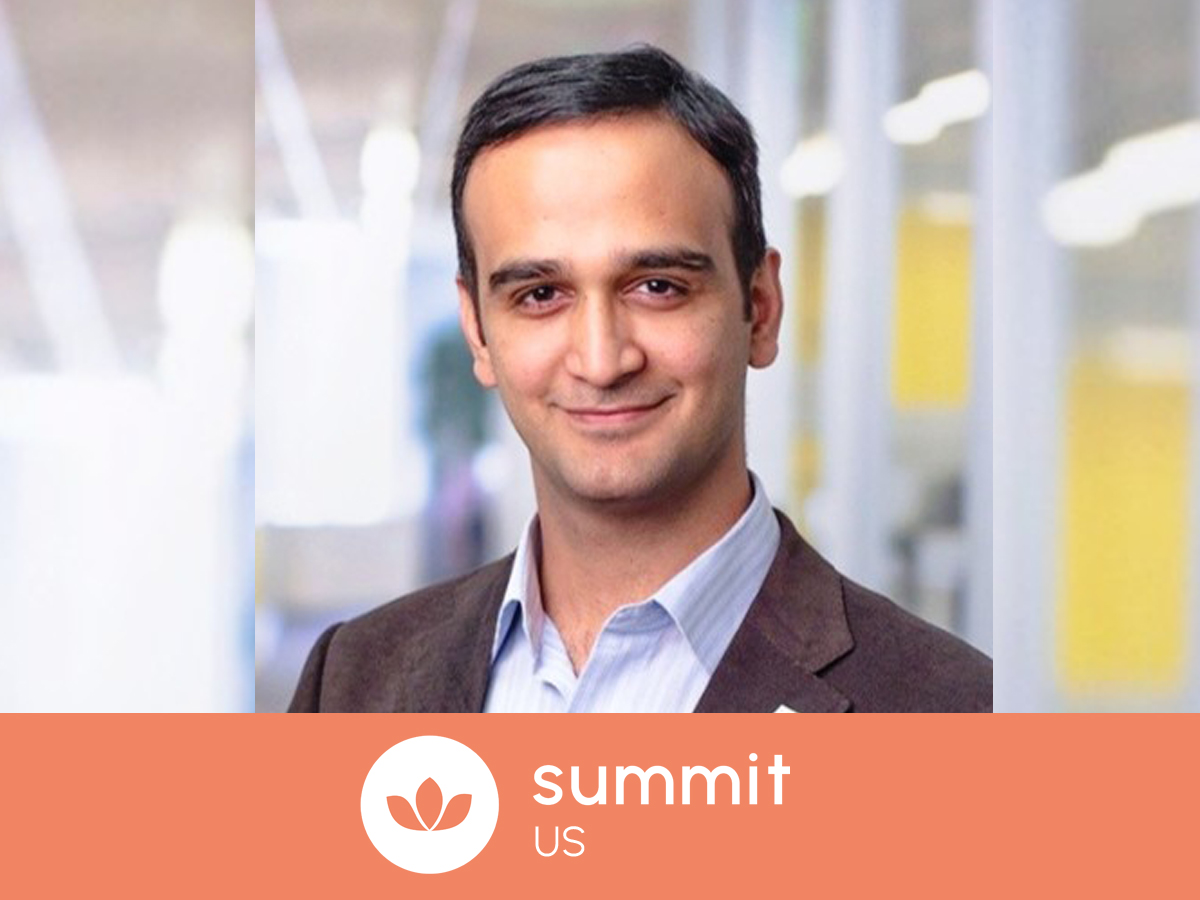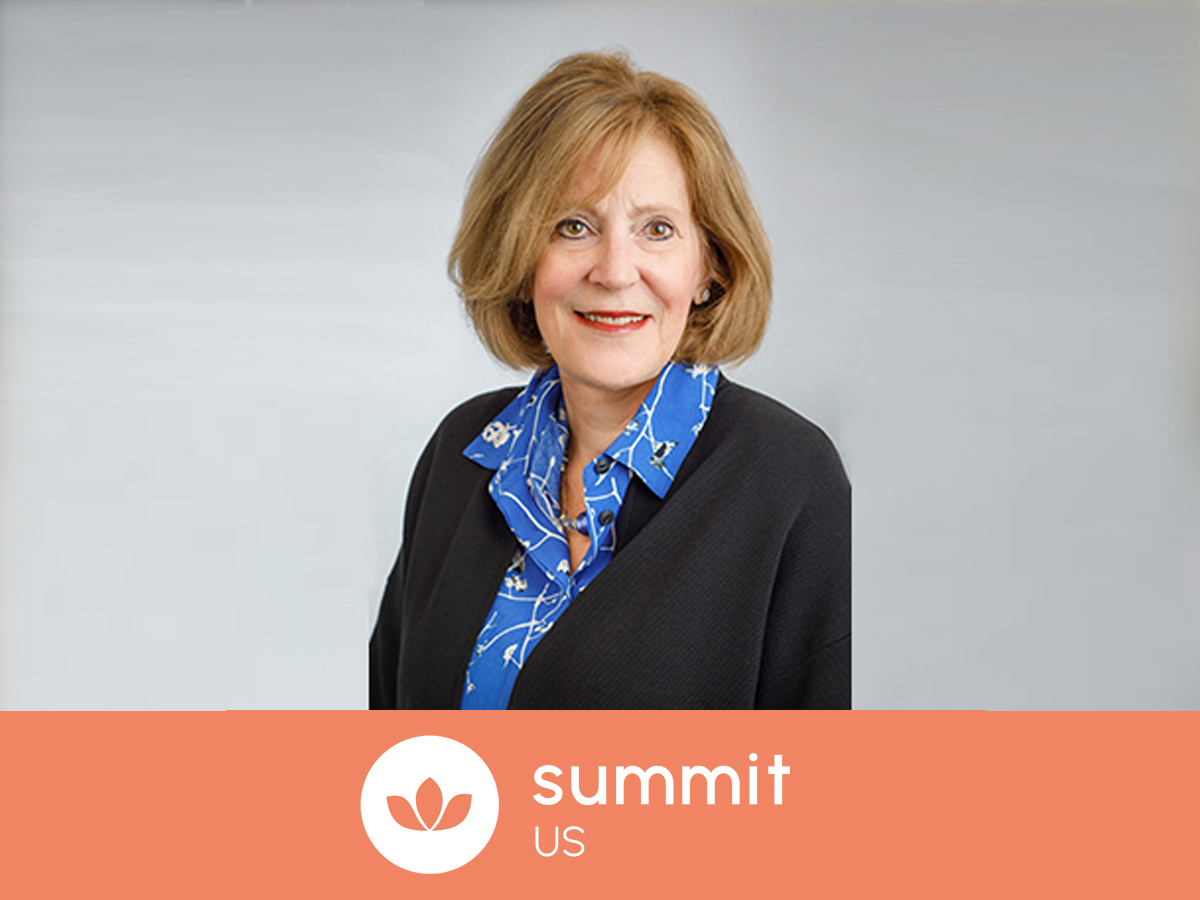
Dr Beverley Flint is a Consultant Clinical Psychologist with over 20 years of experience in the National Health Service, UK (NHS) & the private sector. She is the Chief Mental Health Programme Officer at Smart About Health, leading on the development & co-ordination of the mental health sessions, trainings and programmes.
In recent years, her focus has been on supporting businesses to address employee mental health & wellbeing in a meaningful & effective way. Prior to this, during her time with the NHS, Bev provided input to individuals and multi-disciplinary teams in the context of long term physical health conditions, weight management, as well as within an adult autism diagnostic service.
We are delighted that Beverley will be speaking in Amsterdam as part of our European Summit. We caught up with her to find out how she’s feeling in the runup to the event.
Hi Beverley, as a leader based in the region, what are the main challenges you are facing when it comes to employee wellbeing and mental health?
I see many organisations and decision makers struggling to know how best to spend their time and resources on employee wellbeing and mental health. Too many provisions are tokenistic, with no evidence-base behind them, but we recognise that it is difficult to know what to do for the best of a diverse workforce.
What strategies have you seen developing over the past 6 months, both internally and externally, that are moving the dial on wellbeing in the workplace?
Recognition that investing in targeted workforce wellbeing initiatives is a strategic advantage is growing. Focussing on workplace cultures to ensure staff members thrive, develop and advance in their careers can result in increased productivity, loyalty and retention of talent. The reputational benefits then enhance the attraction of new talent. Preventative and proactive initiatives that educate staff members on their health needs, designing workplace environments with a neuroinclusive view, and equipping managers to lead with compassion and authenticity, have demonstrable positive outcomes, and more organisations are taking that approach to wellbeing in the workplace.
Why is employee wellbeing so important to you personally?
A workforce is the most valuable asset that any business has, so demonstrating authentic care for them is essential to its success. I have experienced bad and good managers, and bad and good cultures, and the impact they have on my productivity and wellbeing is tangible. We spend a lot of time working, and most people want to be appreciated and valued – when they are, organisations get hard workers who are loyal. It’s a no-brainer really!
What impact is AI having in your organisation and how are you managing that?
I love it, personally! But many of our clients have approached me due to the raised anxiety levels in their workforce due to the introduction of AI, or the possibility of AI being introduced in the coming years. My role is to help managers and leaders prepare their workforce appropriately, through transparency and engagement.
Other than AI, are there any challenges that you are seeing for the first time and how are you addressing them?
Reducing or removing the option to work from home. It feels like we’re going backwards. The flexibility that the pandemic forced onto us has become a lifeline to many staff members, such as working parents, carers, those living with long-term health conditions, neurodivergent individuals, and those with awful commutes, to name a few. Telling a workforce that they have to go back into the office 5 days a week without adequate explanation is resulting in high staff turnovers. If the leadership feels that it is important, provide an adequate and transparent explanation, but also be open to case-by-case needs of their staff member, demonstrating understanding and flexibility.
What areas do you think employers should be focused on over the next 12 months?
Supporting and equipping managers and leadership teams to create psychologically safe workplaces, engage in compassionate leadership, and get to know their staff members so that they can enable them to thrive and grow. Demonstrating a genuine desire to look after the needs of their staff who will give their best efforts in return needs to be realised, not just spoken about.
Do you feel that investment in employee wellbeing in the region is increasing or decreasing and is that a direct reflection on HR leaders’ increasing ability to demonstrate effective returns of their strategies to leadership?
Smart About Health has many clients in the region who continue to prioritize employee wellbeing, and we recognise the need to demonstrate effective returns on their strategies and investments. We work with our clients to ensure that their Wellbeing Leads and/or HR leaders can articulate the issues they wish to address, and problems they wish to solve, and we help them consider the most helpful and effective ways forward.
How has your organisation been leading the way?
We are a leading workforce health and wellbeing consultancy, led by doctors and clinical specialists, that draw on robust evidence-bases to empower individuals, managers and leaders to invest in staff wellbeing in a strategic way that meets their needs, fits with their values, and demonstrates good engagement across the workforce.
Beverley will be speaking in Amsterdam at the Wellbeing at Work Summit Europe which takes place in Zurich on 13th May and in Amsterdam on 15th May. Further details on the Summit and tickets can be found here.



